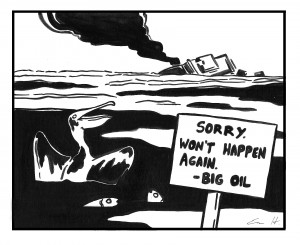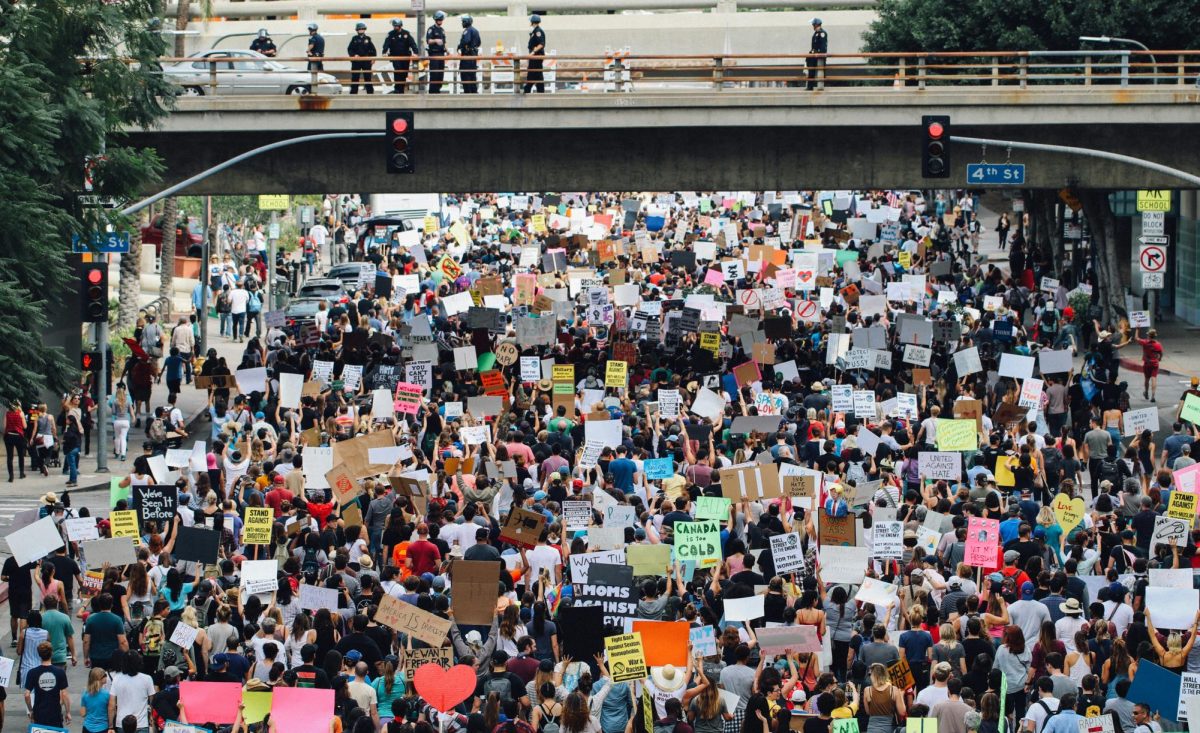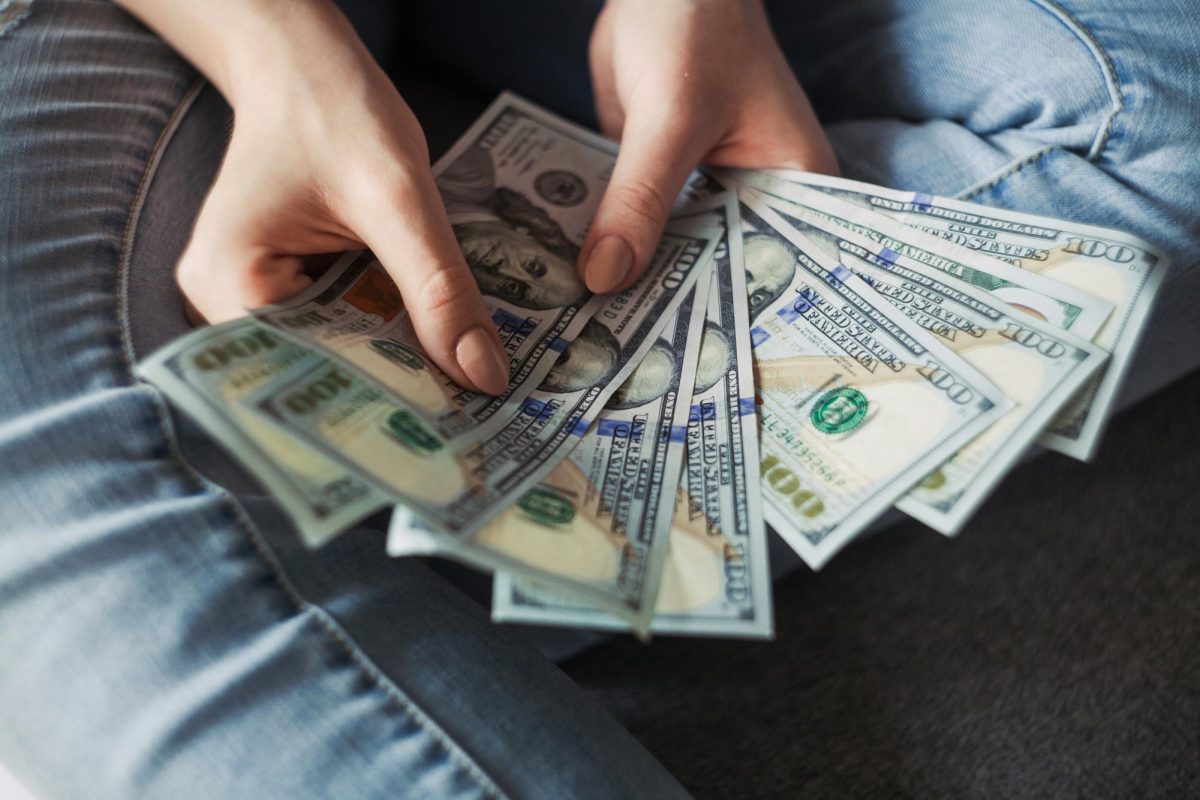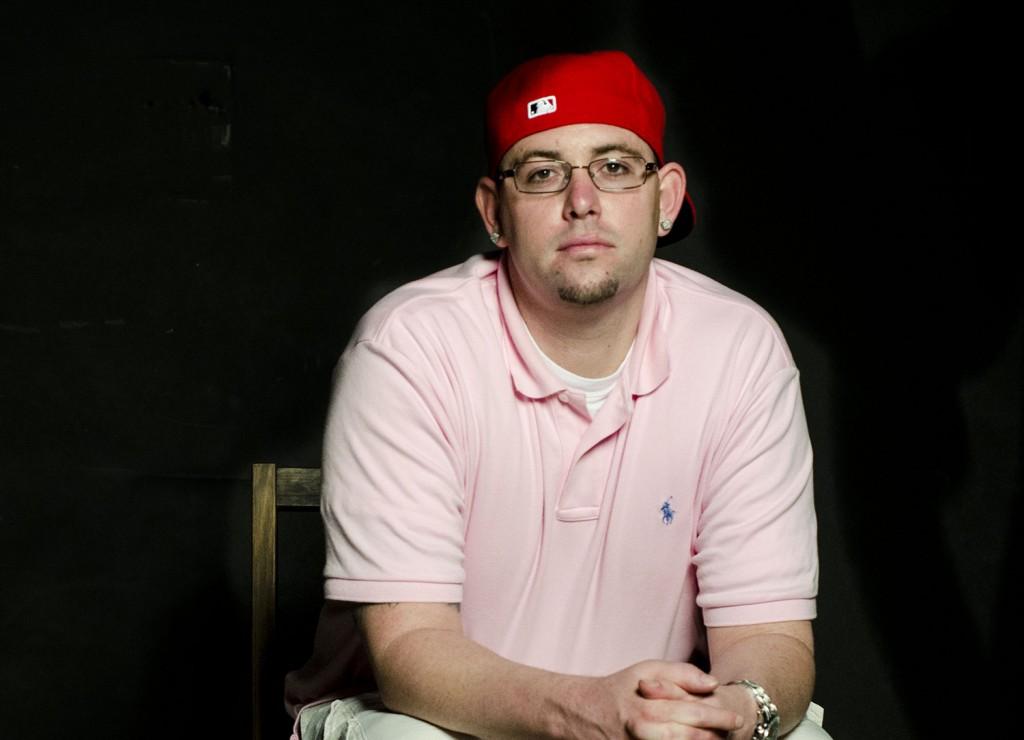
Evidently, environmental protection is not a priority in the Texas Legislature.
After the Deepwater Horizon oil spill in 2010, both state and federal officials said the environment must be protected for future generations. Perhaps they didn’t realize they would then be expected to follow up on these claims by doing something about it.
On March 24, 168,000 gallons of crude oil spilled into Galveston Bay after an oil barge sprung a leak from a collision with a commercial shipping vessel. While not as large as the 2010 spill, it is still significant with crews of 90 people working to extract oil from the Gulf of Mexico.
This spill was caused by human error. And for human error to have such a far-reaching environmental impact is appalling.
Had the transportation of fuel been more tightly regulated, this incident could have been avoided. However, the likelihood of stricter regulations being enacted at the state level is highly unlikely.
The state of Texas operates under a system of non-regulation called “laissez-faire” economics, literally meaning “allow to do.” This is intended to make Texas appealing to business but has an obvious flaw: a lack of regulation.
While too much regulation can complicate how a company runs, it is clear that under-regulation has its own flaws.
Kirby Corp., the shipping company that owned the oil barge, and Cleopatra Shipping have since been sued by local fishermen for contaminating local waters and impacting commercial fishing.
The timing of this spill is significant as it occurred on the 25th anniversary of the Exxon Valdez oil spill in Alaska and almost a month before the four-year anniversary of Deepwater.
With such ominous timing, the incident in Galveston is notable for its lack of media attention. After shipping in Galveston Bay was continued following a temporary ban, coverage of the spill has dwindled.
With no tighter regulations in sight, the work of volunteers is often the only hope for protecting wildlife.
Specialists from the Texas Parks and Wildlife Department and the U.S. Fish and Wildlife Service have been working to rehabilitate local birds and fish, but how many animals have been affected by the spill is still unknown.
The Bolivar Flats Shorebird Sanctuary is in close proximity to the site, and conservationists have found many birds oiled or washed up on shore since the spill.
In a March 27 press release, the Galveston County Office of Emergency Management said 45 birds were dead on arrival at rehabilitation trailers, and 12 were being treated for oil exposure.
By playing a more active role in protecting the environment, legislators might realize how powerful the pen can be in having a positive impact on society. Surely, good publicity would be a welcome change to any politician.
Herons should not have to go extinct for government officials to take environmental protection seriously. Restrictions need to be in place to protect the oceans and local wildlife or else the effects of poor governance will become irreversible.



























